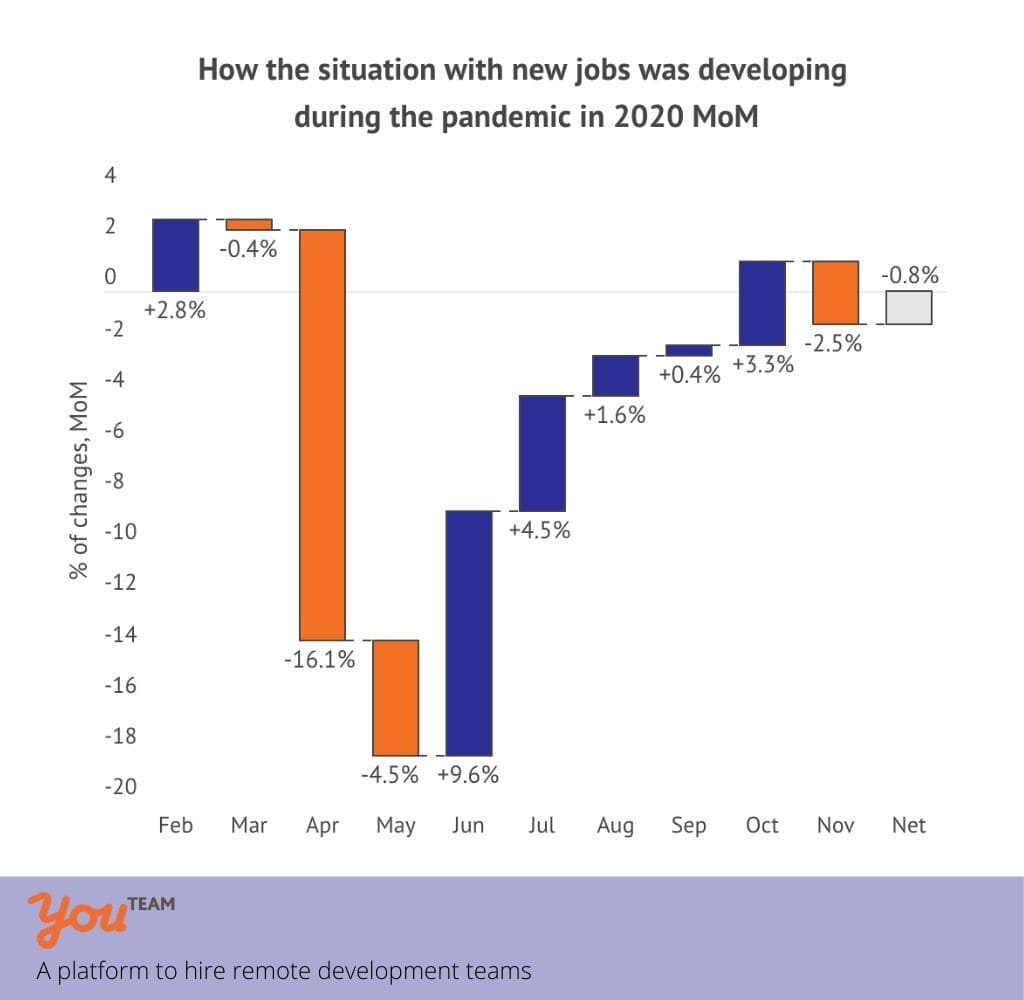In recent trading sessions, stock markets encountered a slight downturn even against a backdrop of positive developments concerning a potential trade deal. The mixed performance of equities highlights the delicate balance investors are navigating as they react to both economic indicators and geopolitical considerations.
Positive indicators are emerging from various sectors, suggesting that the global economy may be poised for recovery. Economic data released earlier this week pointed to a rebound in manufacturing activity, which analysts are interpreting as a sign of resilience amid ongoing uncertainties. In particular, reports indicated that U.S. manufacturing output is showing robust growth, which many see as a confidence booster for market participants.
Additionally, the anticipation surrounding a new trade deal has contributed to a general sense of optimism in the markets. Negotiations between key global players have continued to evolve, with officials expressing hope that a resolution could be reached soon. This potential trade deal holds the promise of stabilizing supply chains and mitigating trade tensions that have cast a shadow over the global economy in recent years.
However, the stock market’s response has been somewhat muted. The trade-sensitive sectors, including technology and industrials, saw fluctuations as investors assessed the implications of the ongoing negotiations. While some investors are encouraged by the prospect of reduced tariffs and improved trade relations, others remain wary of the unpredictable nature of political negotiations and the potential for setbacks.
In the face of this uncertainty, market analysts note that investors may be adopting a more cautious approach, opting to pare back on stock holdings while awaiting further clarifications from trade discussions. This behavior is reminiscent of previous market reactions where bullish sentiment was tempered by geopolitical volatility. The recent drop in stock prices can also be attributed to profit-taking as investors look to lock in gains after an extended period of market strong performances.
As trading continues, the economic calendar remains packed with indicators that could influence market sentiment. Focus will shift to upcoming employment figures and consumer sentiment reports, both of which are critical in assessing the strength of the underlying economy. Economic stability is paramount for any trade deal to take effect successfully; thus, market participants will be closely monitoring these indicators to gauge consumer confidence and purchasing power.
Furthermore, international markets have mirrored the U.S. stock performance, with European and Asian indices also showing signs of vulnerability amid the ongoing trade talks. Investors globally are reflecting similar sentiments, with the overall mood characterized by caution interspersed with optimism. This interconnectedness in market responses highlights the global nature of today’s economic climate, where fluctuations in one region can spill over and influence investment behaviors elsewhere.
Adding to the complexity of the current market dynamics are inflation concerns that have surfaced in recent economic discussions. Higher inflation rates may quickly dampen consumer spending and economic growth, affecting the comprehensive benefits that a trade deal might yield. This concern is particularly prevalent in sectors heavily reliant on raw materials and energy prices. As such, analysts warn that while optimism regarding a trade deal may be well-founded, vigilant monitoring of inflation metrics is essential for providing context to stock market movements.
Despite the recent downturn, many experts advocate for remaining positioned in equity markets, especially if the anticipated trade deal comes to fruition. Some sector-specific strategies could offset potential losses, making it important for investors to consider diversification across industries as a hedge against volatility.
In conclusion, while the stock market has faced some declines amid a favorable trade backdrop, the situation remains fluid. Investors are continuing to navigate a landscape marked by fluctuating economic data and shifting geopolitical narratives. Looking to the future, it will be critical for market participants to stay informed about the outcomes of key economic indicators and trade negotiations, as these elements will key in shaping future investment strategies. The upcoming days will likely hold pivotal information that could steer market direction, offering a mix of both risks and opportunities for savvy investors willing to engage with the current economic climate.



